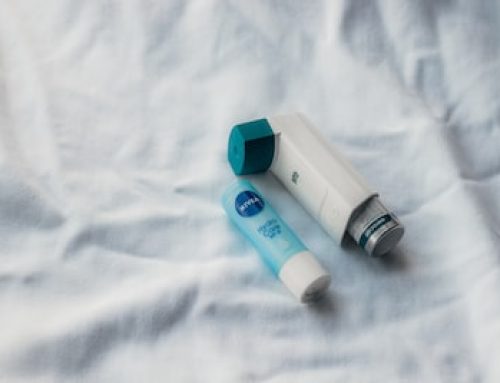Melatonin is a natural hormone primarily produced by the pineal gland in the brain. Although melatonin is associated with various essential functions within the body, it primarily affects the circadian rhythm. Melatonin regulates the internal 24-hour biological clock and maintains the sleep-wake cycle. In addition, it plays a significant role in the regulation of male reproductive hormones, cellular protection and neuroprotection,
In recent times, the administration of exogenous melatonin has been reported to be on the rise. According to the latest research, there was a 425% increase in the use of melatonin in the past two decades.
However, the real question here is: does it work, and is exogenous melatonin safe??
The truth is that our body is naturally accustomed to producing significant amounts of endogenous melatonin. However, the amount produced depends not only on seasonal variation but also on exposure to natural light. Hence, melatonin concentration peaks at late night and is also produced at a higher amount in autumn and winter.
According to NIDA and the latest research, there is currently a lack of unassailable evidence to determine whether exogenous melatonin is truly effective in treating insomnia. There is also no solid evidence that clearly shows how safe and effective exogenous melatonin is for daily use. Results from studies on shift workers that tried to determine the sleep-inducing effects and overall safety of melatonin were deemed inconclusive. Additionally, several other high-quality studies have also failed to address the efficacy of exogenous melatonin on patients with insomnia or sleep disorders. Although moderate use of melatonin (less than 5mg) does not attribute to deleterious short-term adverse effects, the long-term effects are yet to be determined.
Exogenous melatonin, however, has been shown to reduce body temperature in healthy individuals, which could be problematic in regions with frigid temperatures. Additionally, daytime administration (up to 1 mg) in healthy individuals results in drowsiness, fatigue, and decreased performance within 3-4 hours of oral administration. Furthermore, exogenous melatonin has been shown to cause headaches, dizziness, vivid nightmares, and aberrant cardiovascular, gastrointestinal, and dermatological effects.
On the bright side, melatonin seems to have a positive impact on healthy jet-lagged individuals. It may help eliminate daytime fatigue in such people. Additionally, it may also help reduce the time taken by individuals with delayed sleep phase syndrome to fall asleep. Exogenous melatonin may help healthy individuals avoid phase shifts, increase overall sleep duration and reset the body’s circadian rhythm or the sleep-wake cycle.
In conclusion, it is highly recommended to avoid any sleep-inducing supplements that have not been prescribed by a physician or a licensed therapist, for individual use. Commercial brands of exogenous melatonin tend to have higher amounts of the drug than the label mentions while also containing additional ingredients that may be harmful in the long run. Since endogenous melatonin originates from the amino acid Tryptophan, it may be wiser to consume food items rich in Tryptophan instead like Milk, Eggs, Tuna, Salmon, Poultry, Spinach, Nuts, Soy products, etc.
If you or anyone you know may be suffering from sleep disorders or any other mental and physical health concerns, please contact The Functional Medicine Center for Personalized Care, LLC (www.FxMedCenters.com) at 201-880-8247 or Specialized Therapy Associates at 201-488-6678.
References
Andersen LP, Gögenur I, Rosenberg J, et al. The safety of melatonin in humans. Clinical Drug Investigation. 2016;36(3):169-175.
Auld F, Maschauer EL, Morrison I, et al. Evidence for the efficacy of melatonin in the treatment of primary adult sleep disorders. Sleep Medicine Reviews. 2017;34:10-22.
Costello RB, Lentino CV, Boyd CC, et al. The effectiveness of melatonin for promoting healthy sleep: a rapid evidence assessment of the literature. Nutrition Journal. 2014;13:106.
Yu K, Deng SL, Sun TC, Li YY, Liu YX. Melatonin Regulates the Synthesis of Steroid Hormones on Male Reproduction: A Review. Molecules. 2018;23(2):447. Published 2018 Feb 17. doi:10.3390/molecules23020447







